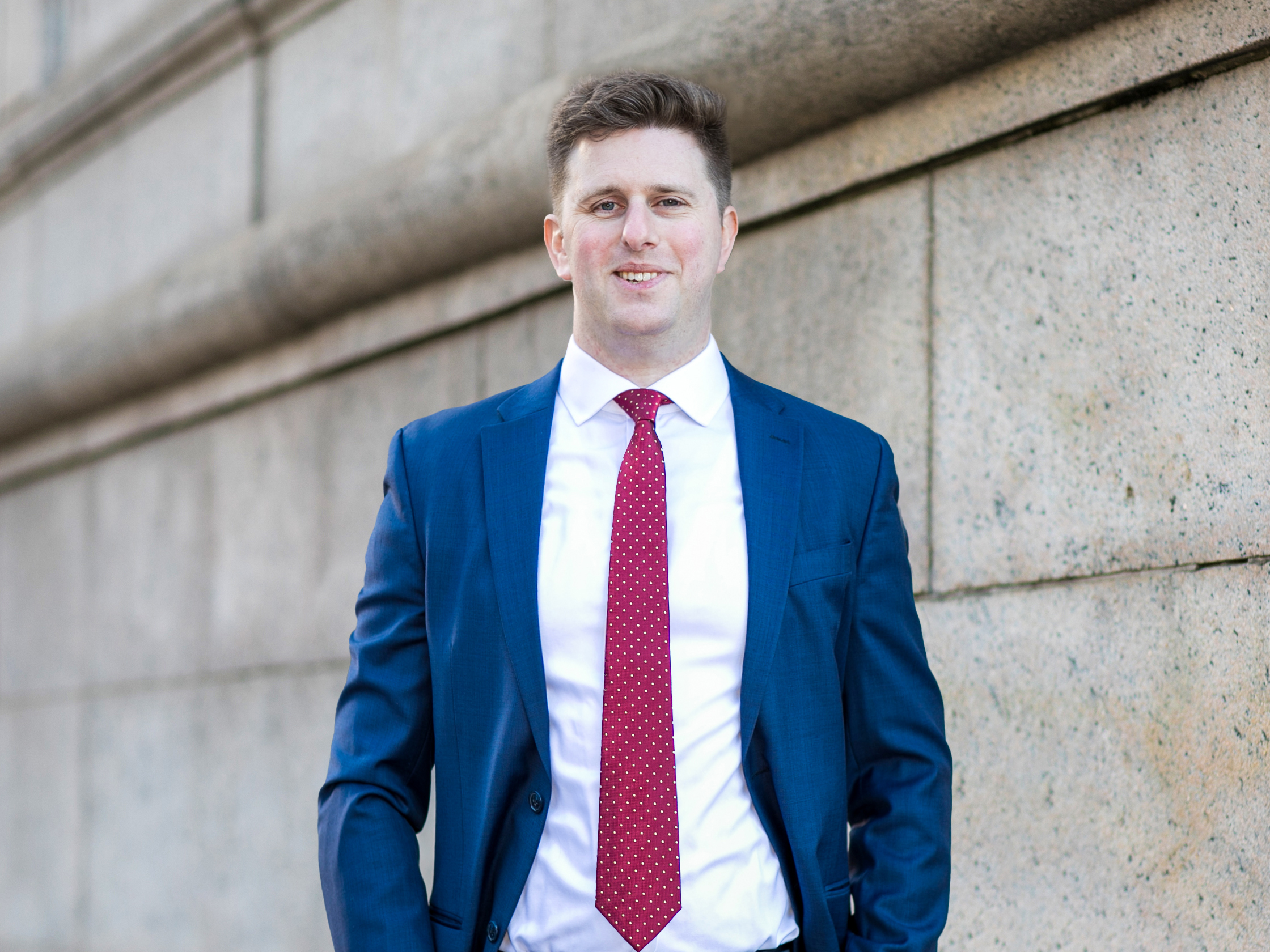Risk Insider: Jack Hampton
Apple Versus the FBI
I have an Italian friend who raised two daughters, both delightful and well-mannered. One was smart as a whip. The other, in a term used by her mother, was a little “stunad,” a Sicilian word for a not-so-bright person. It roughly translates as stupid.
If we listen enough to presidential candidates and advertising pitches on television, we recognize that many parties treat us as though we are all “stunad.” This does not make much difference in most activities of daily life. It is quite dangerous in cybersecurity. I am referring to the legal and emotional quarrel between Apple, as articulated by Tim Cook, and the FBI, led by Director James Comeyis.
The issue is straightforward. Thousands of eager hackers find their way around even the most sophisticated encryption. If not today, certainly by tomorrow. Thus, Apple incorporated into the iPhone a privacy feature that, by all indications, seems to work.
If you simply encrypt data, a powerful computer may crack the code by brute force. So Apple created “wiper,” a feature that deletes all data on the tenth incorrect password. The government wants Apple to disable the feature. Apple says no.
As with many such arguments, we wind up in court where a judge makes a ruling on a narrow legal interpretation. This one was based on the All Writs Act, a 1789 law that authorizes courts to do anything that seems to be “appropriate.” No congressional debate. No public discussion. No evidence that the judge has a clue as to the ramifications of the ruling.
So why do we introduce this dispute with a slang term from Sicily? The answer is simple. Anyone who knows cybersecurity dangers also knows that we need a broader discussion on the Internet of Things.
Two issues:
- Unknown Ramifications. If you create a backdoor to widely-used devices, what harm will be done by the bad guys?
- Role of the Courts. Magistrate Judge Sheri Pym ordered Apple to defeat the wiper feature. A well-qualified judge on legal matters is hardly an expert on cyber risk.
Apple, supported by others, is resisting the Order. At this point nobody knows who will win. It is entirely possible that everyone will lose.
Perhaps I can make a suggestion. During World War II, the Brits cracked the German Enigma code in Europe. In the Pacific theater, the Americans recruited 500 or so native talkers of Navajo. Identified as “code talkers,” they transmitted the most sensitive data over open radio frequencies.
A well-qualified judge on legal matters is hardly an expert on cyber risk.
The Japanese never cracked the code. This is instructive in the current Apple-FBI disagreement. Should we tackle the encryption or acknowledge ways around it?
If that’s not enough, consider terrorists, the real target of the lawsuit. As soon as the iPhone is not secure, terrorists will find today’s equivalent of Navajo. Will it be one of the 7,097 distinct languages identified by Ethnologue? Probably not, although my personal preference is Konso, a Lowland East Cushitic language spoken by about 200,000 people.
More likely, they will communicate using the Darknet or some other secure channel. Did Judge Pym consider this possibility?
We will watch the Apple-FBI litigation on appeal. Let’s hope the courts get this one right. In the meantime, the terrorists are probably developing strategies to circumvent unlocked iPhones. They are not, after all, “stunad.”










